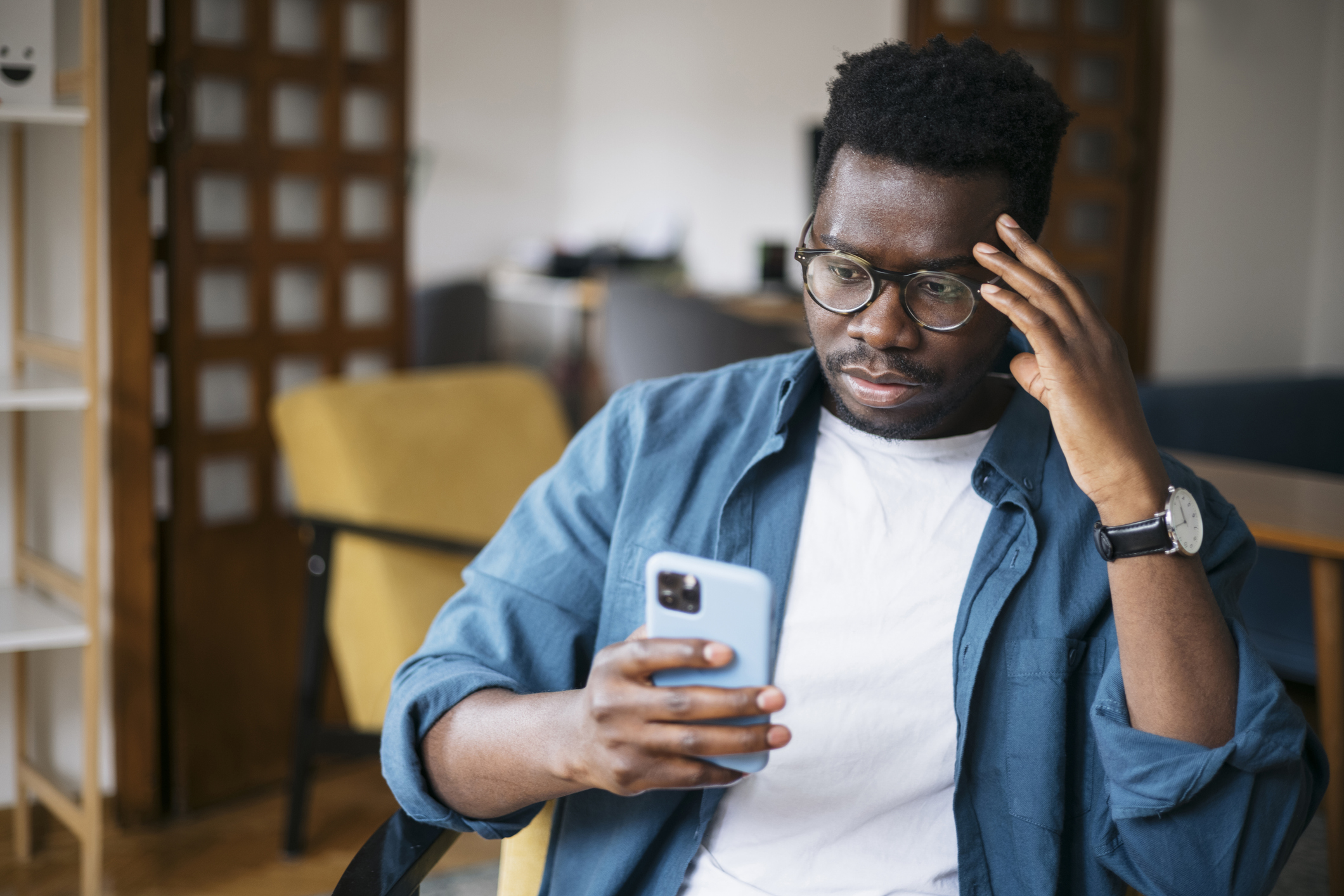The Connection Between Social Media and Mental Health
Social media and mental health matter. While social media dependence can significantly impact your life, there is help and treatment options available.
From psychiatric care to holistic wellness, our Houston-based team brings together diverse expertise to provide accurate, compassionate, and personalized mental health, chronic pain, and addiction treatment.
How Black Horse Health Can Help You Get the Mental Health Treatment You Need
At Black Horse Health, we know just how much social media can affect our overall well-being, including our mental health.
Our team of skilled and compassionate specialists have over 100 years of combined experience, and we are committed to helping you or your loved one get the mental health treatment you need, especially if symptoms have been created or exacerbated by social media.
With comprehensive wellness services including anxiety and depression treatment, process addiction treatment, and yoga and meditation, we will create a treatment plan that best meets your unique set of symptoms.
Next Steps Toward Sustainable Health and Wellness
Learn more about our social media and mental health services, other treatment opportunities, and how our Black Horse Health team of specialists can help you heal in this comprehensive article. Don’t hesitate to reach out to our team for more information or to begin your path to wellness today.

Introduction to Technology and Mental Health
What to Know About Social Media and Mental Health
Social Comparison on Social Media and Mental Health
Impact of Social Media and Mental Health on Young People
- Inadequacy
- Low self-esteem
- Mental health issues, such as anxiety and depression
Cyberbullying and Its Impact on Mental Health
- Depression
- Anxiety
- Suicidal ideation
Coping With and Reporting Cyberbullying
- Documenting Evidence: The first step in effectively reporting cyberbullying is to document the abusive content. This often means taking screenshots or recording interactions that demonstrate the harassment.
- Reporting to Platforms: Most social media platforms have reporting mechanisms to flag harmful content or users. Utilize these tools to make the platform aware of the issue.
- Involving Authorities: In severe cases that involve threats or the dissemination of personal information, contacting law enforcement is recommended.
- Blocking and Limiting Contact: Prevent further abuse by blocking the perpetrator and tightening privacy settings on accounts.
- Seeking Support: Open up to trusted friends, family members, or mental health professionals about your experience. The emotional support can be invaluable in mitigating the psychological impact.
- Consulting Professionals: Therapists or counselors can provide tailored coping strategies to deal with the emotional stress and trauma that come with social media and mental health struggles.
- Community Resources: Online communities and organizations specializing in combating cyberbullying can offer advice and resources for dealing with such incidents.
- Educating and Empowering: Understanding the mechanisms and impacts of cyberbullying not only helps you cope but also empowers you to educate others. This creates a more supportive online community for everyone involved.
Given the potential for long-lasting emotional trauma, it’s crucial to address cyberbullying proactively. Both victims and bystanders have a role to play in creating safer online spaces.
The Impact of the Frequency and Intensity of Social Media and Mental Health
High Social Media Usage
Moderate Social Media Usage
Guidelines for Social Media and Mental Health
Strategies for a Positive Online Environment
- Be Selective: Curate your friends to include individuals and organizations that inspire, educate, and uplift you. Avoid accounts that routinely make you feel anxious, depressed, or inadequate.
- Engage Mindfully: Interact with content that aligns with your values and contributes to your sense of well-being.
- Set Boundaries: Make it a rule to not check social media during certain times, such as mealtime, family time, or before bedtime. This can help protect your mental space.
- Create and Share Positively: Use your own platform as a space to share uplifting and educational content. This not only benefits you but also contributes to a more positive social media atmosphere.
- Report and Block: Utilize platform features that allow you to report harassment, bullying, or any content that violates community guidelines. Block users who consistently contribute to a negative environment.
- Practice Digital Empathy: Remember that behind every profile is a real person. Engage with others as you would want to be engaged with. Steer clear of hate speech, shaming, or trolling.
- Time Management: Set specific limits for how much time you spend on social media each day.
- Digital Detox: Periodically disconnecting, even if just for a day or a weekend, can help reset your relationship with social media and reduce stress.
- Offline Activities: Make sure to balance online interactions with real-world social activities and physical exercise, which have proven benefits for mental health.
Tools to Protect Mental Well-Being
- Screen Time Trackers: Most smartphones come with built-in features that track your screen time. Use these features to set daily or weekly limits for each app.
- Privacy Settings: Adjust your privacy settings to control who sees your posts and how your data is used. This can make your online experience feel safer and more personalized.
- Notification Controls: Customizing your notifications can drastically reduce the amount of time you spend checking your phone. This helps reduce potential stress and distraction.
- Well-Being Features: Some platforms are introducing features designed to improve well-being. For instance, Instagram has tested hiding like counts to reduce social comparison.
- Third-Party Apps: There are also apps designed to block or limit your use of social media or certain websites. This helps you focus on other tasks or take a break if needed.
- Mindfulness Apps: Using mindfulness apps to take short meditation breaks can be a healthy way to offset the stress that can come from excessive social media use.
- Consult Trusted Resources: Websites, podcasts, and books on digital well-being can offer valuable tips and strategies for maintaining a healthy relationship with social media.
Is Social Media Negatively Affecting Your Mental Health?
Increased Anxiety or Stress
Depression or Low Mood
Sleep Issues
FOMO (Fear of Missing Out)
Social Withdrawal
Compulsive Checking
Lack of Enjoyment in Activities
Reduced Productivity
Heightened Irritability
Negative Self-Perception
Increased Body Image Concerns

How Black Horse Health Can Help
Our team at Black Horse Health can help you find a treatment plan that works best for your symptoms, goals, and life experiences. Our goal is to equip you with skills for long-term recovery and healing.
Get in Touch With Us Today
Contact us today to learn more about our social media and mental healthcare services. We will work with you every step of the way for holistic healing and sustainable recovery.


